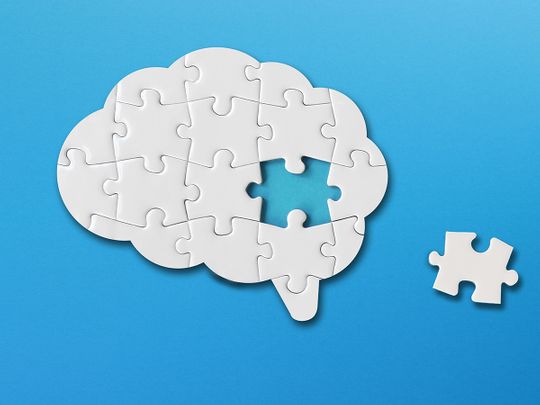
The location of the car keys. Your sister’s mobile number. The route to the supermarket. All a blank. If you’re terrible at remembering things, and wish there was a way to improve your memory, you’re not alone.
Click start to play today’s Spell It, where we learn science-backed techniques to ‘remember’ things more efficiently.
Many people bemoan their abysmal memories and try different reminder systems to help them keep track of their appointments and important tasks. But consolidating all the important information for your long-term memory can take some effort, and require adjustments to your learning routine. Here are some scientifically proven strategies to improve memory and increase the retention of information in your mind:
1. Say it out loud
Just speaking text out loud helps imprint it into your long-term memory. According to a July 2017 study in the journal Memory, the act of reading or speaking text aloud is more effective than just reading silently or hearing it read aloud. Since you’re both speaking and hearing at the same time, this dual effect helps encode memory much more efficiently.
2. Handwrite, not type
There’s a reason why many students and journalists still take notes by hand. According to an April 2014 study in the US-based journal Psychological Science, handwriting your notes can help enhance comprehension and retention, if only because you have to often paraphrase or condense information in your own words to keep up with the speaker.
3. Use distributed practice
Also known as spaced repetition, distributed practice means that the time you allocate for practicing a specific task is separated by long periods of rest or time spent doing other things – rather than short breaks and practice timed close together. Research by the Cognition and Education lab at US-based Dartmouth College found that distributed practice is very effective – every time you try to remember something, the memory becomes harder to forget.
4. Self-test
Do you often have trouble remembering information you thought you had learned? Several studies show that self-testing is an excellent way to improve long-term memory. For instance, students can use flashcards to test themselves until they master the material – it’s far more effective than just reading the material and hoping you’ve nailed down the important information.
5. Make slight changes as you repeat
You might be tempted to think practicing the same way over and over again, or repeatedly reading the same text may be a good way to learn. But a January 2016 by US-based Johns Hopkins Medicine found that making slight changes during repeat practice sessions helps people master the skill faster than practicing the task in exactly the same way each time. This process is called reconsolidation – existing memories are recalled and modified with new knowledge.
Other ways to improve memory are by ensuring you make aerobic exercise part of your daily routine, and take daytime naps when possible.
How do you try to improve your memory? Play today’s Spell It and tell us at games@gulfnews.com.



